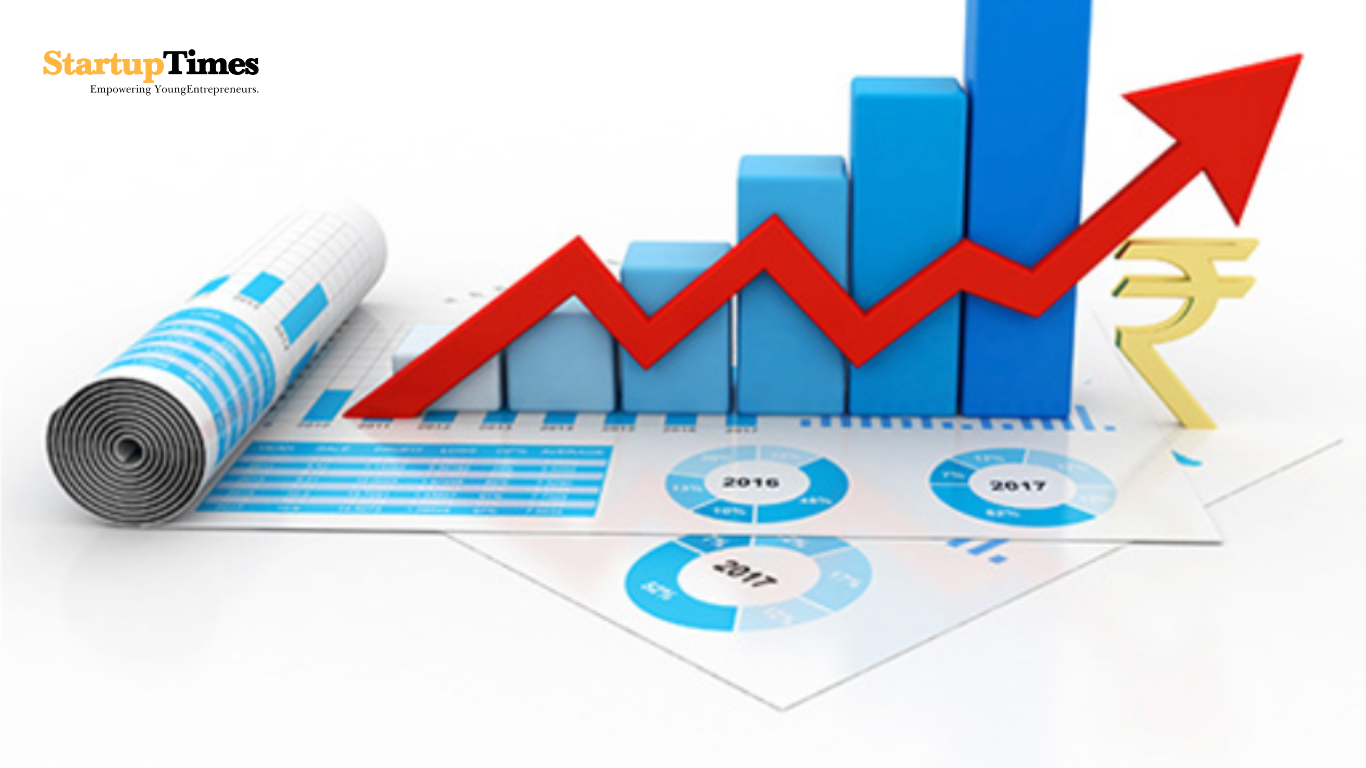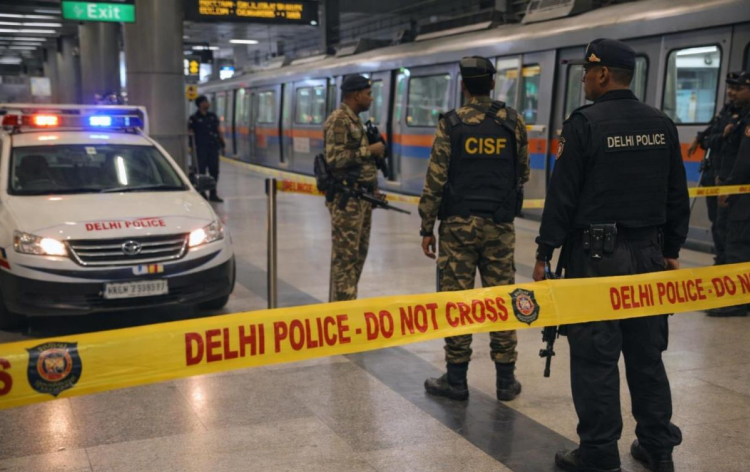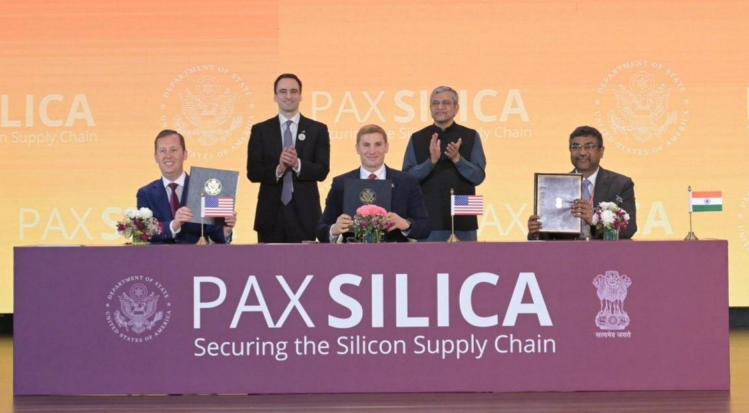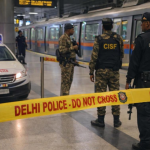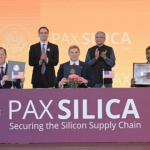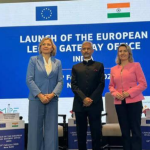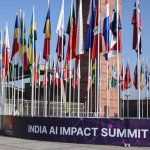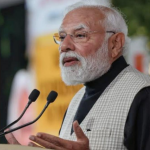India's private sector witnessed an impressive acceleration in business activity in June, reaching a 14-month high. This robust expansion, as indicated by the latest HSBC Flash India Composite Purchasing Managers’ Index (PMI), signals strong domestic demand coupled with an unprecedented surge in export orders, particularly for manufactured goods. The data paints a picture of a dynamic economy gaining significant momentum as the first fiscal quarter draws to a close.
The Composite PMI, a key barometer of economic health that combines both manufacturing and services sectors, climbed to 61.0 in June, a significant rise from 59.3 in May. This marks nearly four consecutive years of expansion in Indian business activity, with any reading above 50 signifying growth. The current rate of expansion is not only sharp but also well above the long-run average, underscoring the strength of the recovery and growth trajectory.
Manufacturing led the charge, with the Flash Manufacturing PMI rising to 58.4 in June from 57.6 in May, marking its best performance since April 2024. The manufacturing output index also saw a significant jump to 61.5, indicating a solid expansion in factory activity. This remarkable growth in the manufacturing sector was primarily driven by a surge in new export orders, which reached an all-time high since comparable data collection began in September 2014. Indian goods are finding strong demand across Asia, Europe, the Middle East, and the Americas, highlighting India's growing competitiveness in the global market.
The services sector also demonstrated robust growth, with its PMI reaching a 10-month high of 60.7, up from 58.8 in May. Survey participants across both sectors attributed the heightened activity to "healthy demand conditions and successful marketing efforts." This widespread increase in new business orders indicates a broad-based recovery and expansion across the Indian economy.
The surge in demand has naturally translated into increased hiring. Manufacturers, in particular, reported the strongest rise in employment since the data series began over two decades ago, a testament to the need to manage growing workloads and backlogs. While hiring in the services sector remained healthy, it saw a slight moderation compared to May. This overall emphasis on job creation further reinforces the positive economic outlook.
Crucially, the report also brought good news on the inflation front. Input cost inflation softened to a 10-month low, falling below its long-run average. This easing of cost pressures allowed firms to limit price hikes, enabling them to remain competitive and support continued demand. While output prices continued to rise, the rate of increase softened from May's six-month high, suggesting a more stable pricing environment.
Despite the overwhelmingly positive indicators, the report highlighted a slight dip in overall business confidence, which moderated to a two-year low. While manufacturers expressed slightly improved optimism, service providers tempered their expectations for the coming year. This cautious sentiment, however, remains broadly in line with historical trends and does not overshadow the strong operational performance seen in June.
Pranjul Bhandari, Chief India Economist at HSBC, commented on the findings, stating, "India's flash PMI indicated strong growth in June. New export orders continued to fuel private sector business activity, especially in manufacturing. Meanwhile, the combination of robust global demand and rising backlogs prompted manufacturers to increase hiring."
The robust performance in June sets a positive tone for India's economic trajectory in the current fiscal year. With strong domestic and international demand, record export orders, and easing inflationary pressures, the stage is set for sustained growth, providing a strong foundation for India's aspirations as a global economic powerhouse. The Reserve Bank of India will be closely watching these developments as it considers its monetary policy stance in the coming months.

